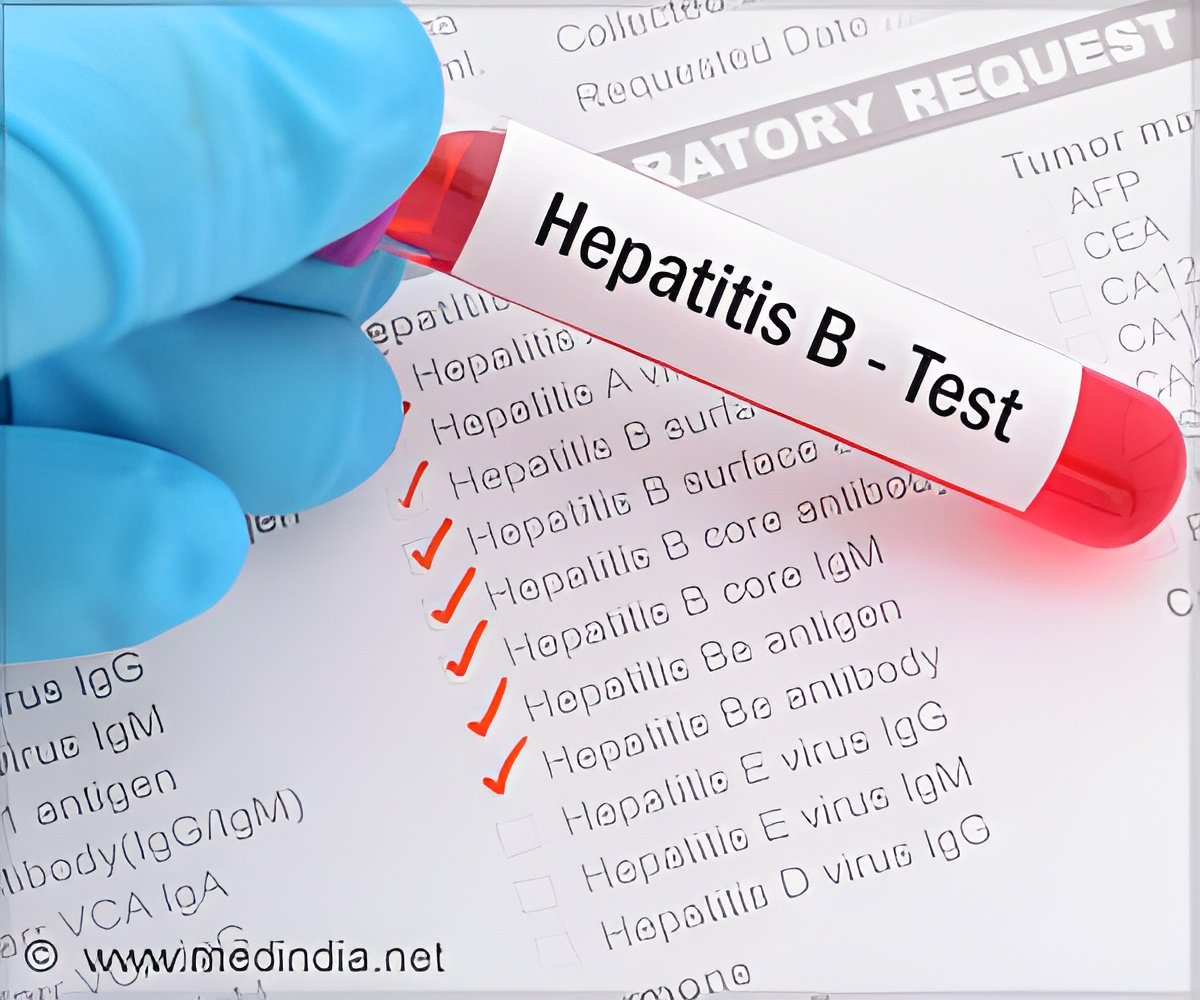Researchers had called for revised guidelines to help improve access to hepatitis B treatment in Africa.

Hepatitis B in Africa
Hepatitis B is a highly endemic virus in Africa with an estimated 82 million people chronically infected. Very few people living with hepatitis B are aware of their diagnosis and few have access to treatment. The complications of untreated hepatitis B may be dramatic including liver cancer for which treatment is not available in most African countries. The study involved a collaboration with colleagues from 12 sites in 8 African countries. By sharing data from different centres that provide care for patients with hepatitis B, the researchers tested how well a combination of cheap and accessible blood tests could predict increased liver stiffness, a marker of advanced liver disease. Patients with increased liver stiffness are at risk of complications such as liver failure and liver cancer, both of which can be prevented with timely antiviral treatment.‘A lower APRI (biomarker to assess liver injury) threshold is needed and the revised guidelines should take account of the new findings. Patients and clinicians in Africa need simple, accessible guidelines that offer improved access to hepatitis B treatment.’





The study found that the existing World Health Organization (WHO) guidelines from 2015, which recommend a simple biomarker called APRI to assess liver injury, is not adapted for the African population. The authors propose to lower the treatment decision threshold of this biomarker for African patients and call for hepatitis B guidelines better adapted to the African setting. Indeed, the global hepatitis B elimination strategy developed by the WHO has now been adopted by most countries worldwide. Unfortunately, the African continent has been left behind in the fight against hepatitis B although it carries a high burden of preventable disease and new infections. With the current publication, the HEPSANET group is advocating for better care for the millions of patients infected with hepatitis B virus in Africa.
Source-Eurekalert















